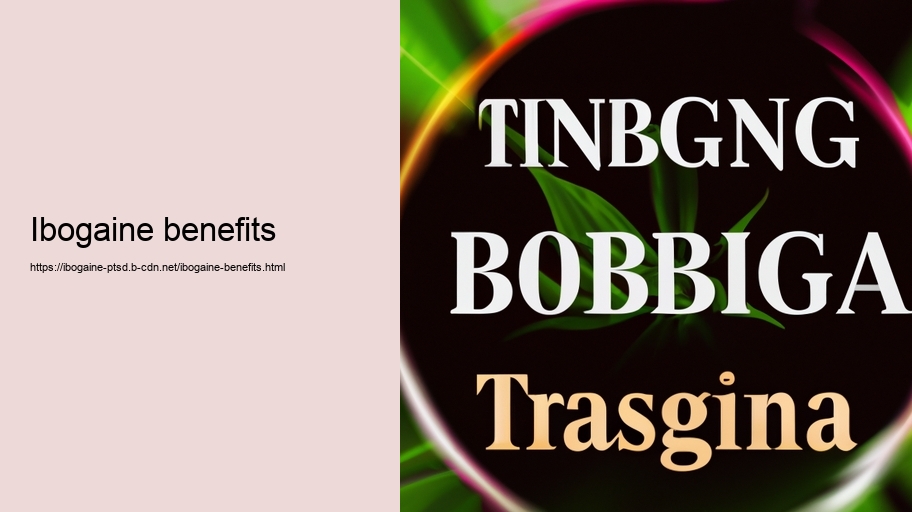Ibogaine: A Glimpse into its Multifaceted Benefits
In the realm of psychoactive substances, ibogaine holds a unique place. Derived from the root bark of the African shrub known as Tabernanthe iboga, this alkaloid has been traditionally used for centuries by indigenous peoples in West Africa for ritual and healing purposes. In recent times, it has gained attention in Western societies primarily for its potential in treating addiction and various mental health issues.
The journey of ibogaine from a ceremonial tool to a subject of modern scientific inquiry is a fascinating one, revealing a substance with an array of benefits that may extend far beyond its traditional uses. However, before delving into the benefits of ibogaine, it's imperative to note that despite promising results, it remains a controversial and legally restricted substance in many countries due to safety concerns.
One of the most touted benefits of ibogaine is its ability to mitigate withdrawal symptoms from opioids, thereby easing the process of detoxification. Opioid addiction is notoriously difficult to overcome, partly because withdrawal can be intensely uncomfortable and even dangerous. Ibogane’s action on neurotransmitter systems – particularly those involving dopamine and serotonin – helps alleviate these withdrawal symptoms and reduce cravings.
The mechanism behind this involves ibogaine's interaction with several different neuroreceptors; it acts as an agonist on opioid receptors which can help in blunting withdrawals while also resetting other neurotransmitter pathways associated with addictive behaviors. This 'reset' can provide users with what some describe as a clean slate upon which they can build their recovery without being hobbled by intense physical cravings or distressing psychological dependence.
Beyond addiction treatment, there are anecdotal reports and emerging research suggesting that ibogaine may offer therapeutic benefits for individuals suffering from depression or anxiety disorders. The compound's capacity to induce profound introspective experiences often leads users to confront emotional traumas or negative patterns of thought that contribute to their mental health challenges. These experiences can be transformative when integrated appropriately within therapeutic contexts.
It should also be mentioned that ibogaine has shown potential neuroprotective effects. Some studies suggest it might promote nerve growth factor (NGF) expression – NGF being critical for the survival and maintenance of neurons. This property opens up exciting possibilities for using ibogainine in neurodegenerative diseases such as Parkinson’s disease or Alzheimer’s disease although much more research is needed in these areas.
Despite these possible upsides, taking ibogaine is not without risks. The substance can cause significant side effects including heart complications; therefore any use must be closely monitored ideally within clinical settings with trained medical professionals present.
Moreover, while some individuals report life-changing insights during their experience with the drug others find it overwhelming or distressing highlighting the need for careful screening support structures both during after administration.
As we continue our exploration into mind-altering substances like Iboga we're reminded time again how complex interplay between culture science ethics law shapes our understanding utilization such compounds- particularly ones so potent filled mystery tradition promise controversy alike.
Ultimately if further research confirms efficacy safety profiles then perhaps future will see more widespread acceptance integration this fascinating element nature's pharmacy into conventional therapeutic modalities offering hope relief those who struggle where current treatments fall short meanwhile caution prudence remain watchwords navigate still largely uncharted waters surrounding this powerful plant-based medicine.
